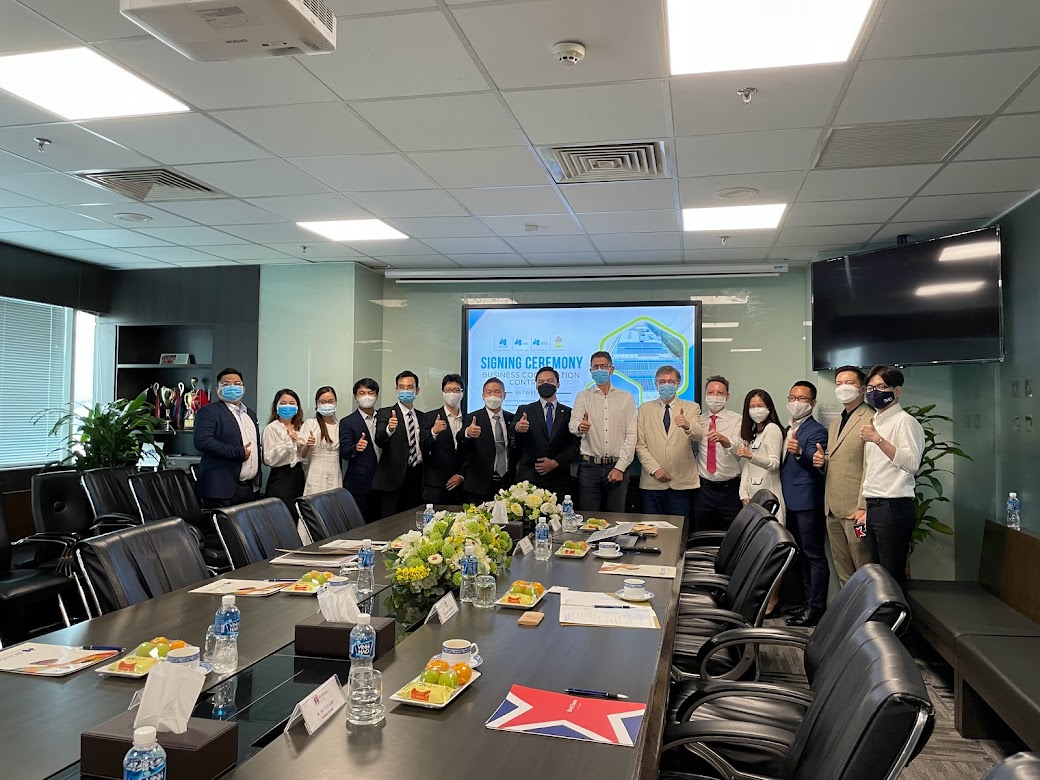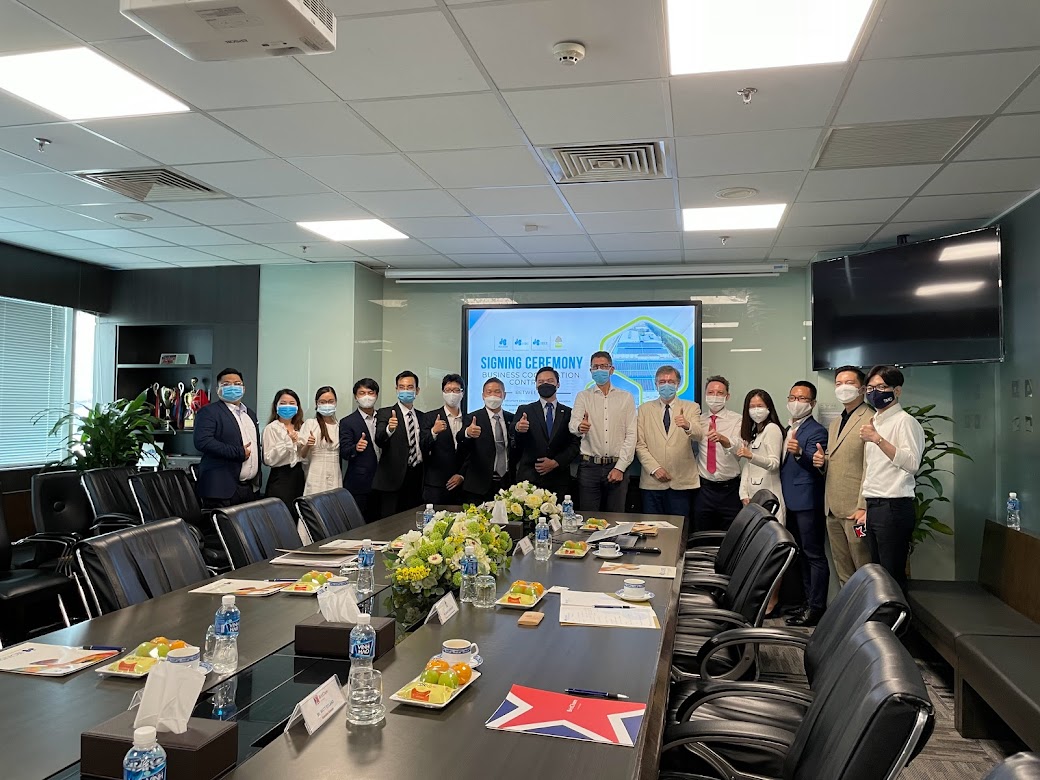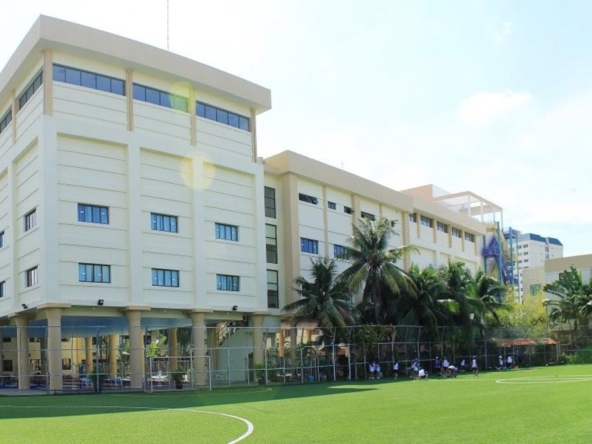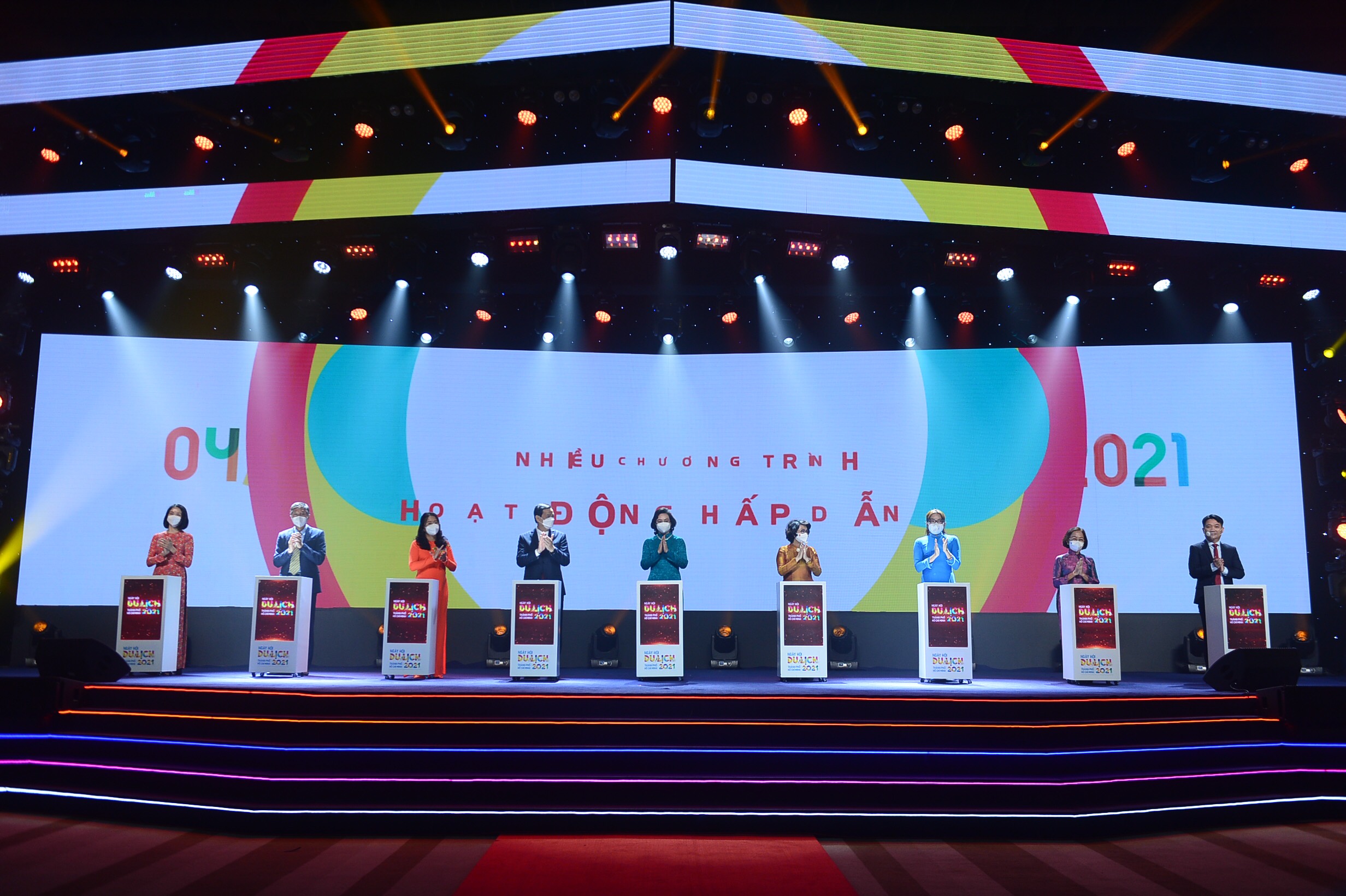The park expects to save US$141 million on electric bills with these facilities

An agreement for the Hoa Binh Industrial Park rooftop solar power project in southern Vietnam was signed by Shire Oak International, Hoa Binh Infrastructure Construction Investment Corporation (HBI), and Hoa Binh Renewable Energy Investment Corporation (HRE) last week.
The signing event on November 18 commemorated the three parties’ long-term collaboration, with the UK’s Shire Oak International as the investor and developer, HBI as the industrial park owner, and HRE as the engineering, procurement, and construction (EPC) contractor, going in tandem with Vietnam’s recent announcement of its commitment to reach a net-zero carbon emission target by 2050.
As part of this agreement, Shire Oak and HBI will jointly promote the solarization of Hoa Binh Industrial Park, located in Long An Province, in the Vietnamese market and in its vicinity, with a view to collaborating on similar projects in other industrial zones.
The planned project is 42 MW overall, with its systems designed, equipped, constructed, and installed by Shire Oak.
The solar energy components in the industrial park will reduce carbon emissions by 49,733 metric tons annually and produce about 59 million kWh per annum once they are fueled by solar power.
Over the assets’ lifecycles, the park expects to save US$141 million on electric bills.
Shire Oak’s price is substantially lower than that of the state-owned Vietnam Electricity Group (EVN), which allows businesses to expand and invest more.
Additionally, HBI’s use of clean energy underscores its long-held motto ‘For Customer Satisfaction and Sustainable Development,’ thus presenting itself as an environmentally friendly company that prioritizes people.
Le Viet Ha, general director of HBI, said he promptly chose Shire Oak to install the solar rooftop systems for “lowering electricity costs and helping to protect the environment by using less fossil fuel-based energy sources.”
Mark Shorrock, CEO of Shire Oak International, applauded the efforts to contribute to the sustainable development of the country.
“We are funded by the European government and pension money to deploy a no-cost solar rooftop on any factory in Asia,” he said.
“Our business model is to own the project for its lifetime and sell cheaper and green electricity to our clients.”
According to Matt Ryland, executive director of the British Chamber of Commerce in Vietnam, the solarization of Hoa Binh Industrial Park can “put Vietnam at the forefront of action being taken at the UN Climate Change Conference (COP26), and make a great impact on sustainable development in the country.”
“As we are all well aware, Vietnam is predicted to be hard hit by climate change, and therefore it is of even greater importance to build up its climate resilience planning and economic development in line with international standards,” he emphasized.
Vietnam has targets to reduce greenhouse gas emissions by nine percent with domestic resources and 27 percent with international support by 2030 as per the Nationally Determined Contribution.
Ryland expected the targets would “encourage businesses and manufacturing facilities in Vietnam to actively look for sustainable options.”
He added that Vietnam has become an attractive destination for foreign investors with its distinctive advantages, and Long An is one of the “rising stars” for the manufacturing sector.







